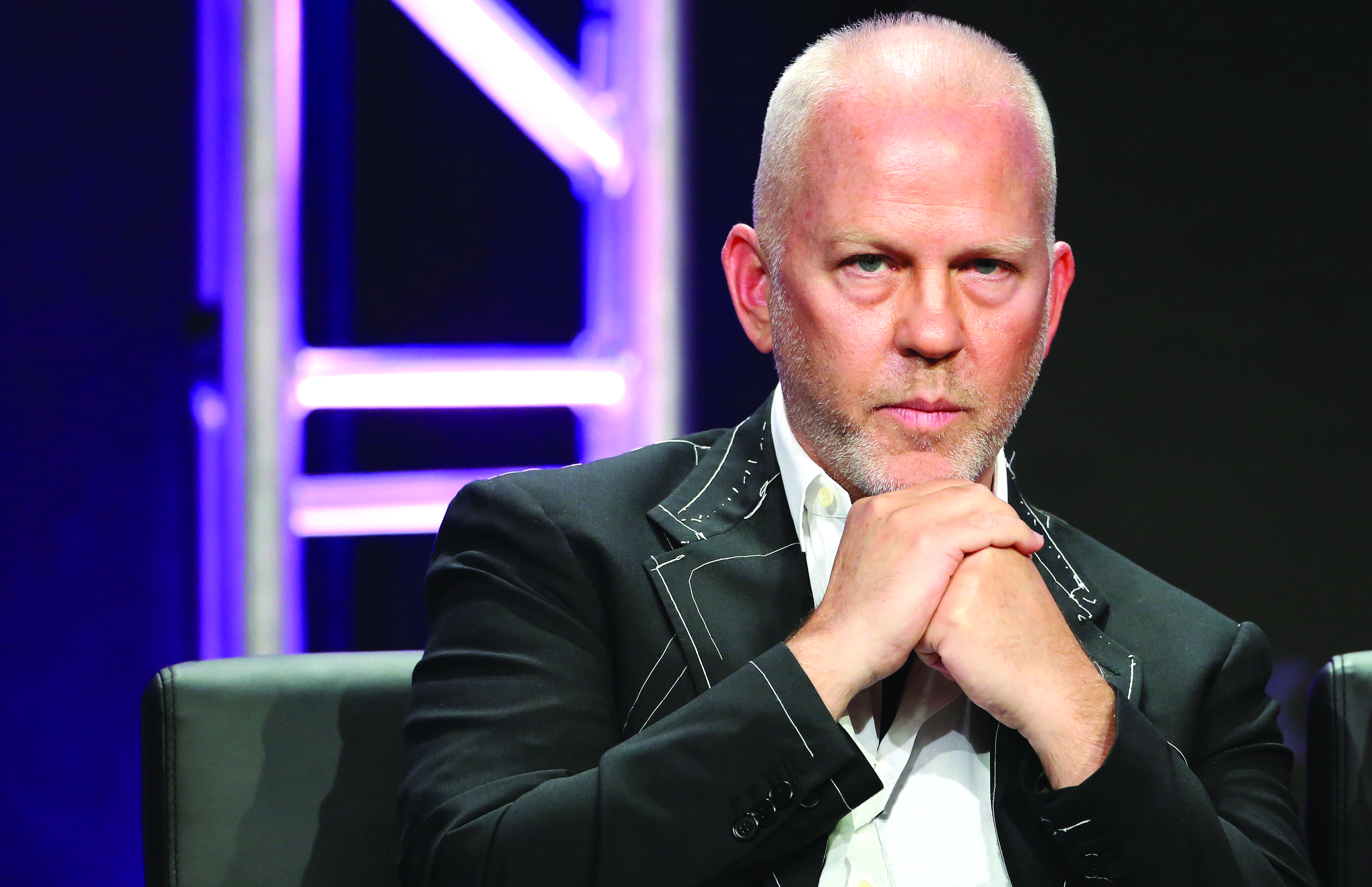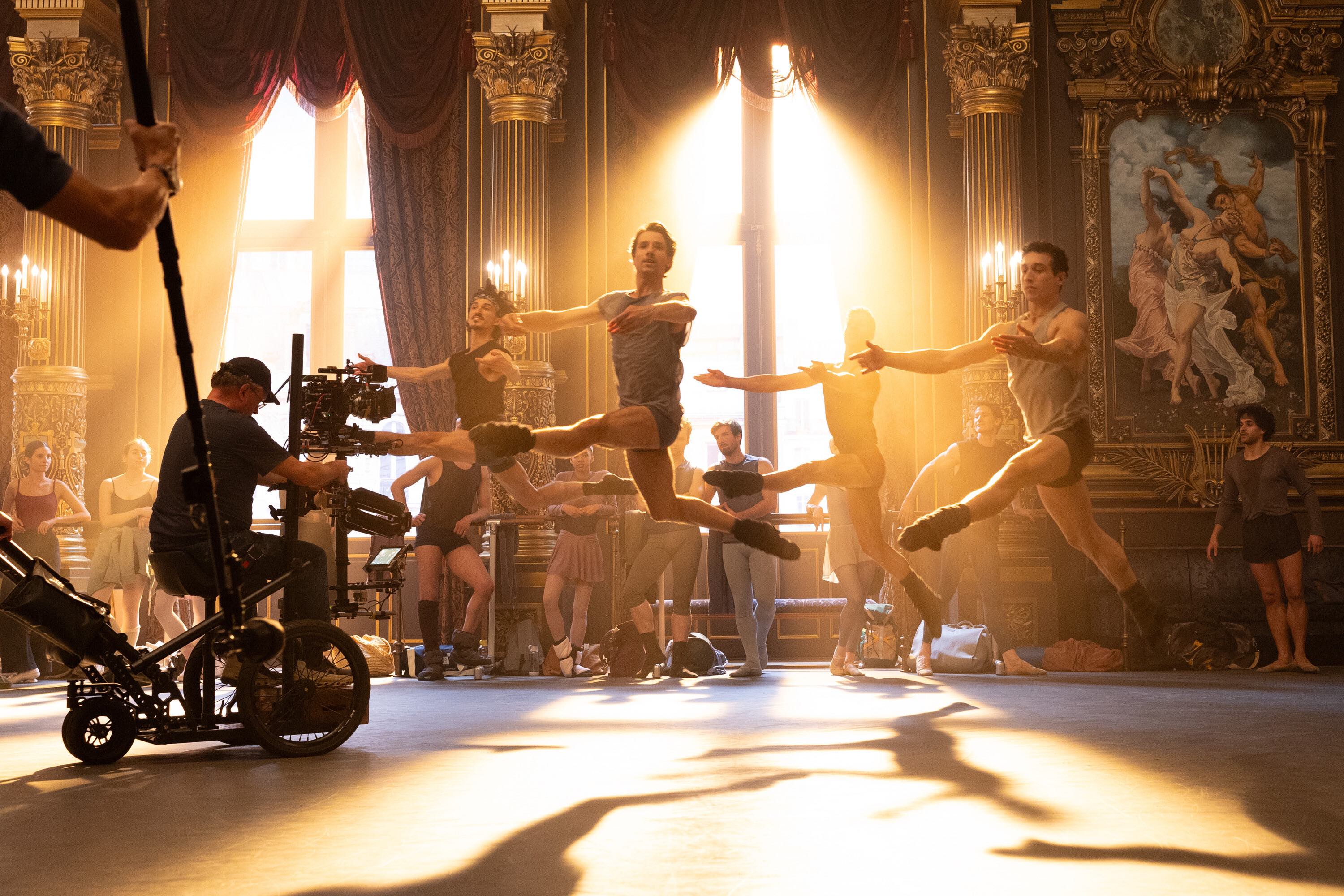[Editor’s Note: This article contains spoilers for “The Last of Us” Season 2 and “The Last of Us Part II” video game]
Anyone who’s played the “Last of Us” games — or, to put it in Regina George parlance, been personally victimized by the “Last of Us” games — might have anticipated seeing Joel (Pedro Pascal) in flashback even after his demise at the hands of Abby (Kaitlyn Dever). His perfectly planned trip for Ellie’s (Bella Ramsey) 16th birthday occurs as a flashback at around this point in “The Last of Us Part II,” after the player has secured the Seattle theater as a base of operations to hunt the young Washington Liberation Front member down.
Our favorite immune survivor/Sally Ride fangirl’s joyful trip to a science museum is covered with the same warm glow by cinematographer Ksenia Sereda as it’s rendered in the game, and Joel’s pièce de birthday résistance, the space launch recording he helps Ellie experience inside of the Apollo 15 capsule, is done almost shot for shot in the HBO show by director/co-writer Neil Druckmann as it exists in cutscene form.
But one of “The Last of Us” Season 2’s most interesting choices yet was to transpose a Joel flashback into Episode 6, “The Price,” that doesn’t occur until the very end of the second game.
It’s only once the player has gone through the entirety of Ellie’s (played in the game by Ashley Johnson) story — and Abby’s (Laura Bailey) story, too — that we see Ellie did in fact have a conversation with Joel (Troy Baker) after the dance, where they spoke about how he killed all those Fireflies to save her life back in Salt Lake City, even at the cost of a potential cure for Cordyceps and against Ellie’s own wishes. Placing that scene in this moment in the show will naturally create ripple effects for all that comes after.
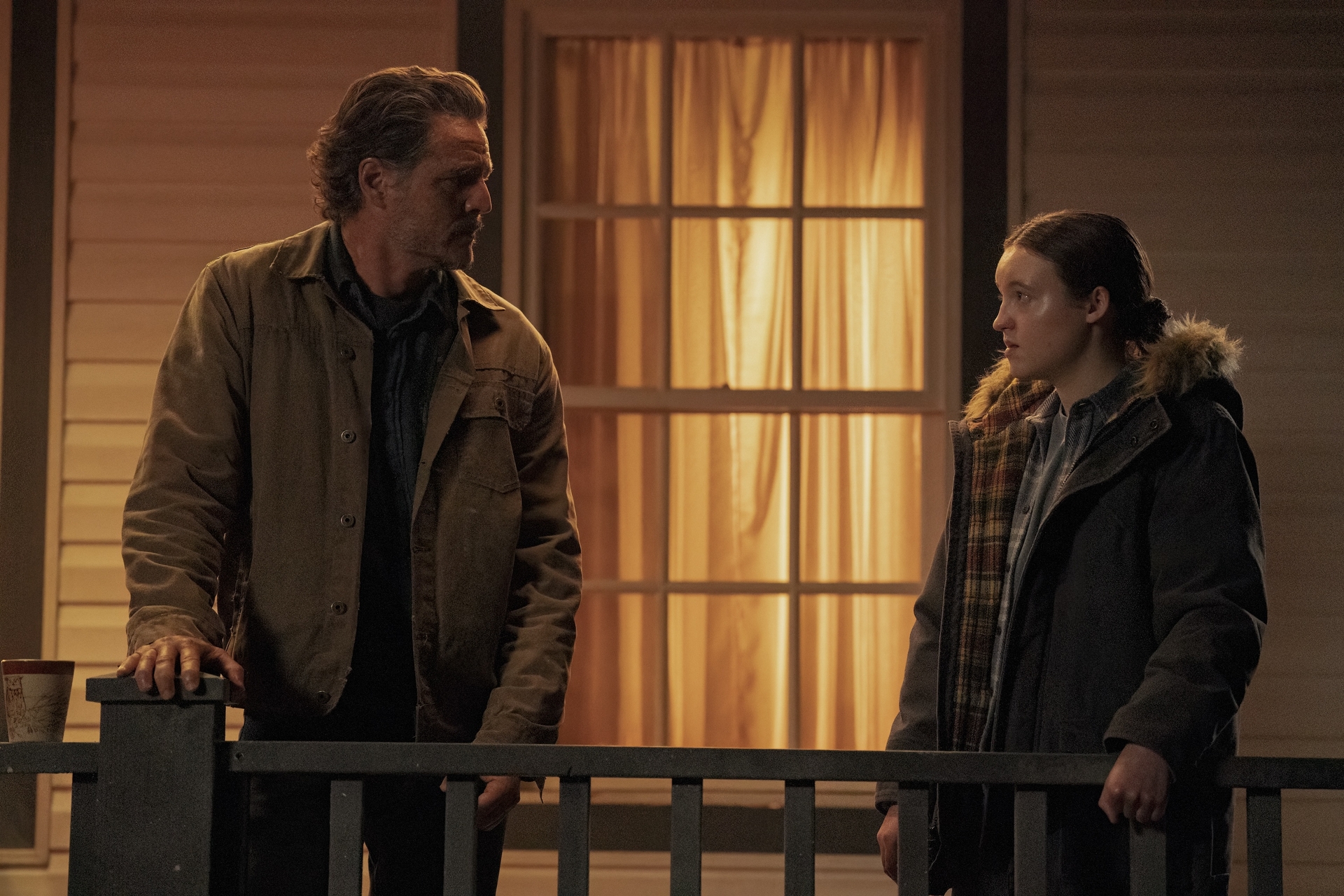
“Neil and I felt this is where it belonged because we wanted to understand Ellie before we went further. We needed to know what she knew, and we needed to understand how she really left things with Joel before he died,” showrunner and co-writer Craig Mazin told IndieWire on an upcoming episode of the Filmmaker Toolkit podcast. “I think most people probably noted that when Ellie was talking to Gail [Catherine O’Hara] in the hospital, she was lying, but we also [showed her] walk by Joel and not talk to him. So getting to this point was enormously important for me and for Neil.”
Visually, the scene recreates most of the composition and blocking of the game cutscene, from the design on Joel’s mug to the timing of when Ellie nervously thumps the porch bannister. What Ellie and Joel know about each other in the game is different from their level of knowledge in the show, however. So what each of them wants, and fears, from each other in this moment of the show is also just a little bit different.
“Unlike Ellie in the game, who goes to Salt Lake City and she finds proof, our Ellie doesn’t have proof as much as just this strong instinct based on questions that have been bothering her for all these years and the way Joel lied to her about Eugene [Joe Pantoliano],” Mazin said.
It’s that confirmation, as much as anything else, that the show needed to establish before the plot in Seattle goes any further. Getting that confirmation extends Joel and Ellie’s conversation from a roughly four-and-a-half-minute cutscene to almost an eight-minute scene in the HBO series. That additional material makes the focus of the conversation less about how Joel is attempting to control and protect Ellie’s life in Jackson, and more about the choice Joel made in Salt Lake City.
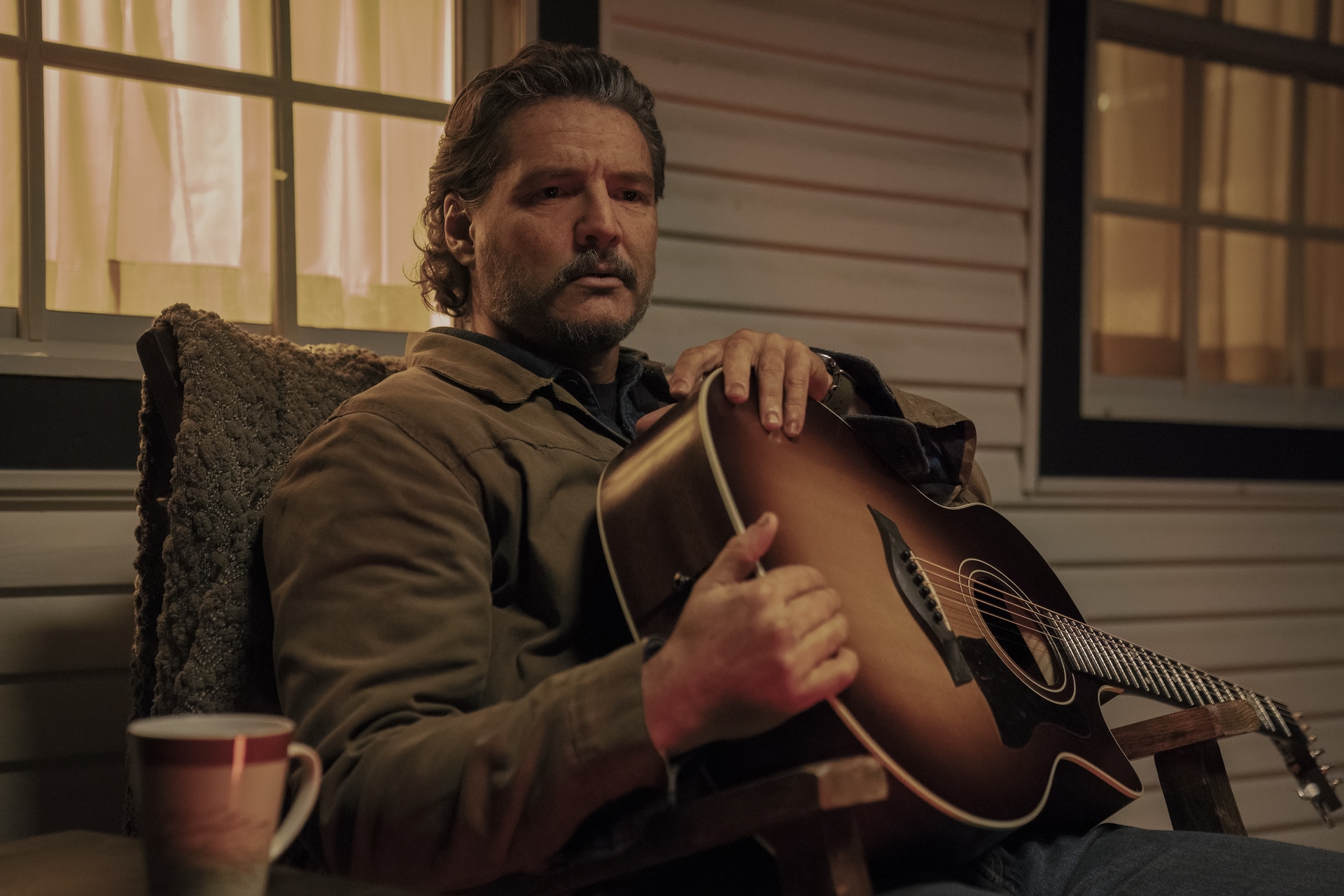
“There’s a reason we begin the season basically with Joel talking to a therapist. Because this is a story about the lies we hold within ourselves, and we don’t hold them there merely out of shame. We hold them there because we are both ashamed of them and also proud of them at the same time; Joel would do it again,” Mazin said.
Instead of just demanding accountability from Joel for what she already knows he’s done, Ellie forces him to choose her wishes, actively, in the quiet New Year’s night. “If you lie to me, we’re done,” she says, and even when Joel can’t bring himself to speak the truth, he chooses to give the truth to her as best he can. Instead of simply saying that if he had to do it a second time, he would make the same choice, Joel offers an explanation why.
“I just love how hard it is for Pedro, how hard it is to get it out,” Mazin said of that moment. “He understands he’s going to drive her away. And it’s somewhat within the context of what we know now about his own childhood and his own father, and to be able to express to her something incredibly important, which is that there is a love parents have for children that children do not understand. No one understands that until it happens to them.”
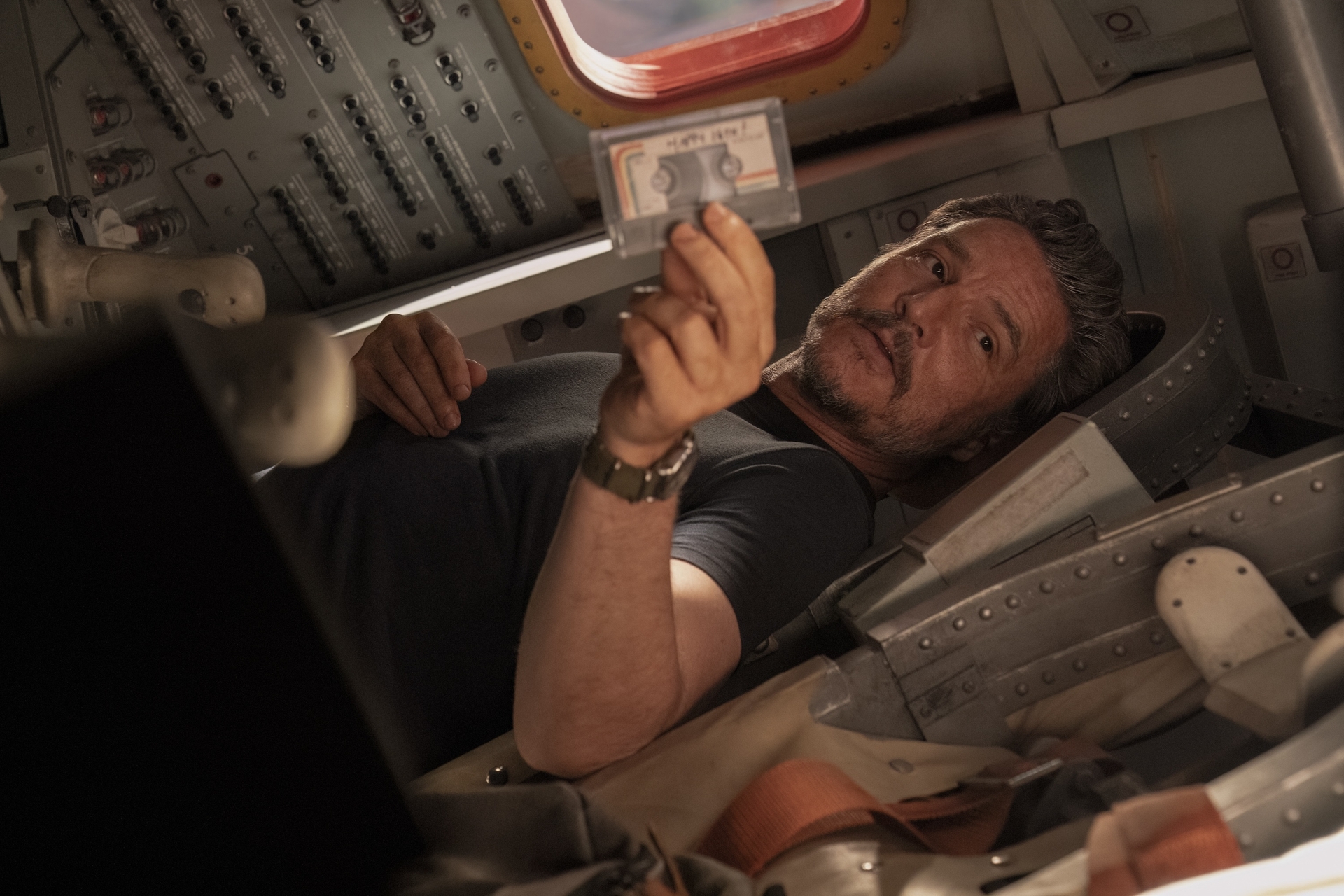
Pascal’s mingled hurt, fear, and love in the scene are stunning to behold, framed up by Druckmann just close enough to see the wet in his eyes. But what’s maybe more interesting is how putting the scene here affects Ellie, and how Ramsey goes through the moment with him.
As an epilogue, this moment is so much more about Ellie and what might have been possible for her if the next day hadn’t gone down the way it did; what might still be possible if she can hold onto the version of herself that had this conversation. You can feel Johnson weave this subtle, vulnerable question mark into “I would like to try,” like it’s up to Joel. She opens herself up to potentially losing him for the chance to build something better. What’s heartbreaking about that version of the scene is that Joel then says, “I’d like that.” He won’t ever apologize to his adopted daughter for the choice he made, but he is willing to listen to her now. There is the tragic sense that, after Ellie takes a breath and says, “OK. I’ll see you around,” they might have had the chance to build a better relationship together.
Putting it here, as a moment of revelation for Ellie, Ramsey’s hurt is raw, both new and old, and as relentless as Ellie is. She needs answers, no matter what, and it is Joel who has to make the vulnerable choice to be honest, even at the cost of losing her. The bill comes due. Then, miraculously, Ellie pays it. She hears him echo his own father’s words, and it turns out she can hold both explanations for his rampage through the hospital to save her — that he is selfish and that he loves her in a way she can’t comprehend. The sequence ends simply on the expression on Pascal’s face, receiving the unexpected mercy that Ellie might still give him a chance. The tragedy is that Joel won’t have time to take it.
”I look around in our regular non-zombie apocalypse world, and we’re all walking around with this stuff, all of us with these things we want to say, but we can’t. These things we’ve done that we’re both ashamed of and proud of, and I think that’s why people connect to the show,” Mazin said. ”Ultimately, we care about these relationships the most.”
If this scene is the last time we see Joel on “The Last of Us” — and there is still an 18th birthday cake Seth (Robert John Burke) may or may not have made — it raises interesting possibilities for Ellie. The series positions us to want the best for her and for her to become the best version of herself. We’ve now seen exactly what that looks like. But as Gail reminds us, some people just can’t be saved — at least not on their own. “The Price,” and that scene in particular, is about all the ways that Joel and Ellie saved each other. It takes time and love, things that the world doesn’t always deign for us to have.
“I hope that when people see that moment, they think, ‘OK, this was the last moment before their final moment. These were the last words they said to each other: ‘I don’t know if I can ever forgive you for this, but I’m willing to try.’ And the question is, if Ellie can forgive that, what else can she forgive? What else can Abby forgive? What can any of us let go in these moments?”
“The Last of Us” is streaming on HBO Max. To make sure you don’t miss Craig Mazin‘s upcoming episode of Filmmaker Toolkit, subscribe to the podcast on Apple, Spotify, or your favorite podcast platform.

